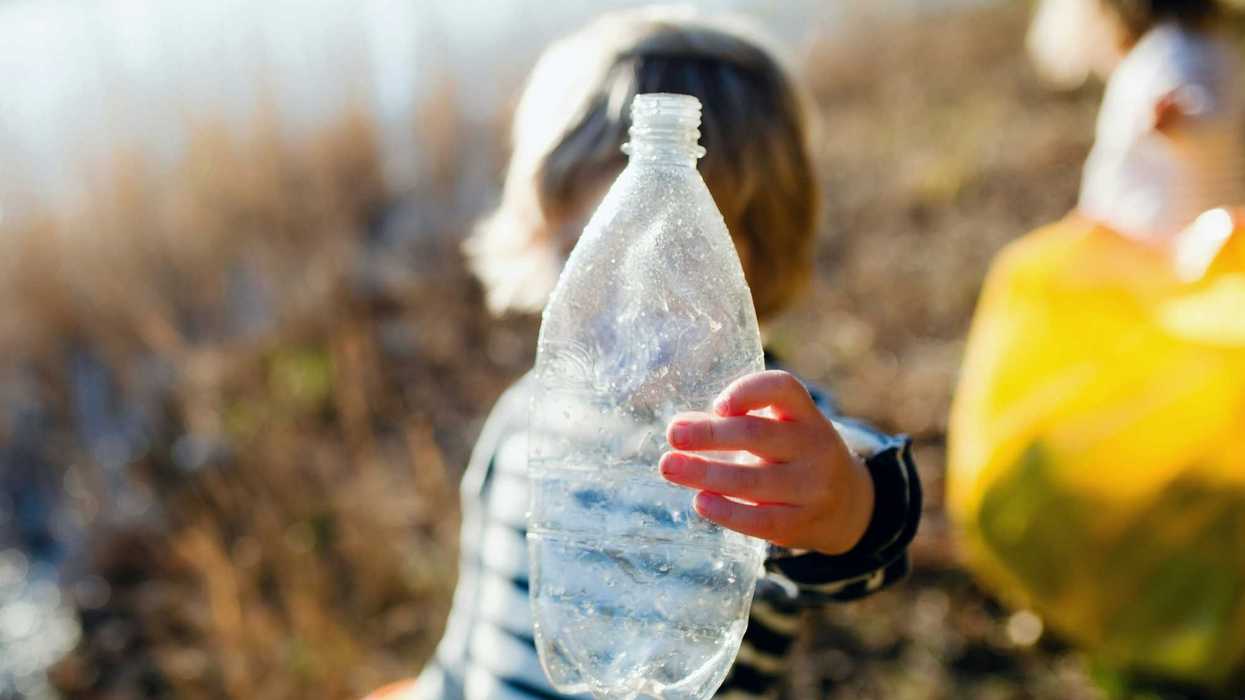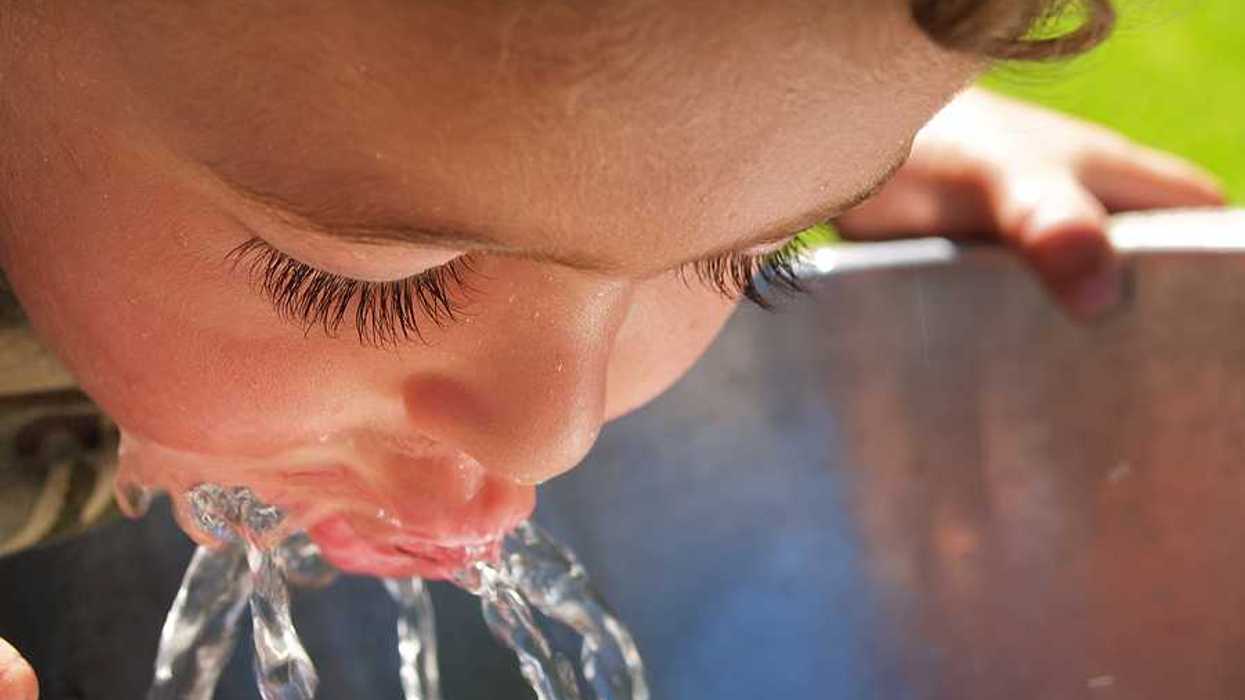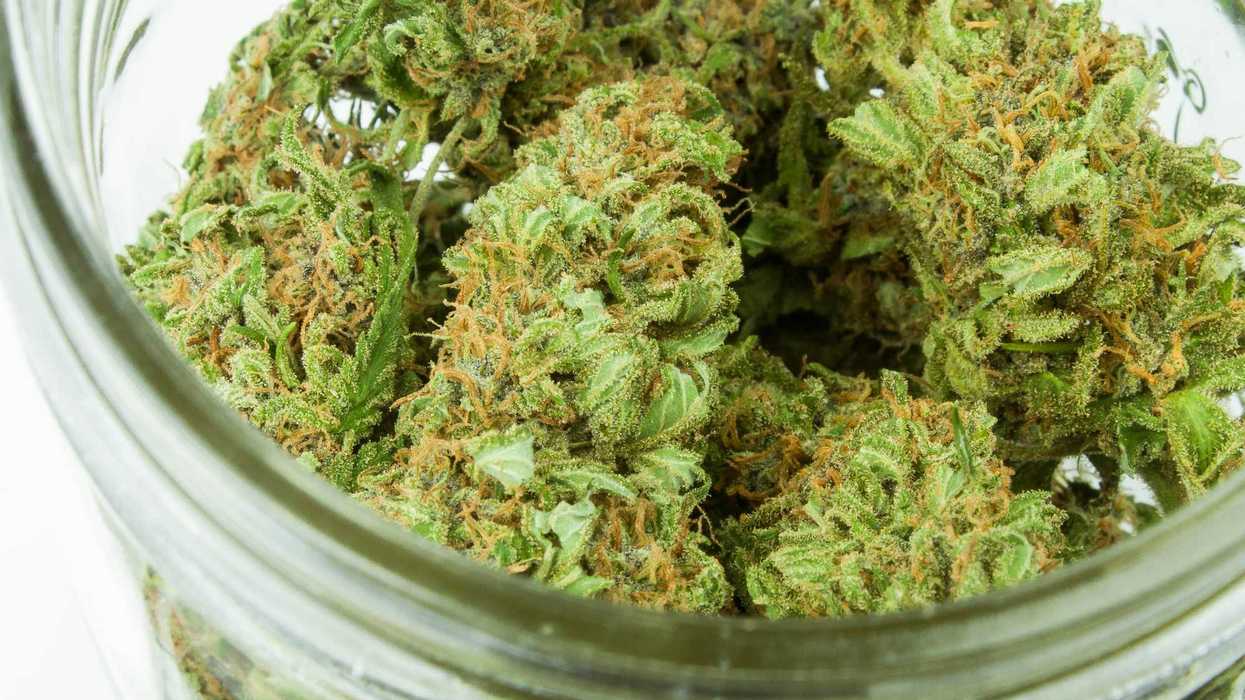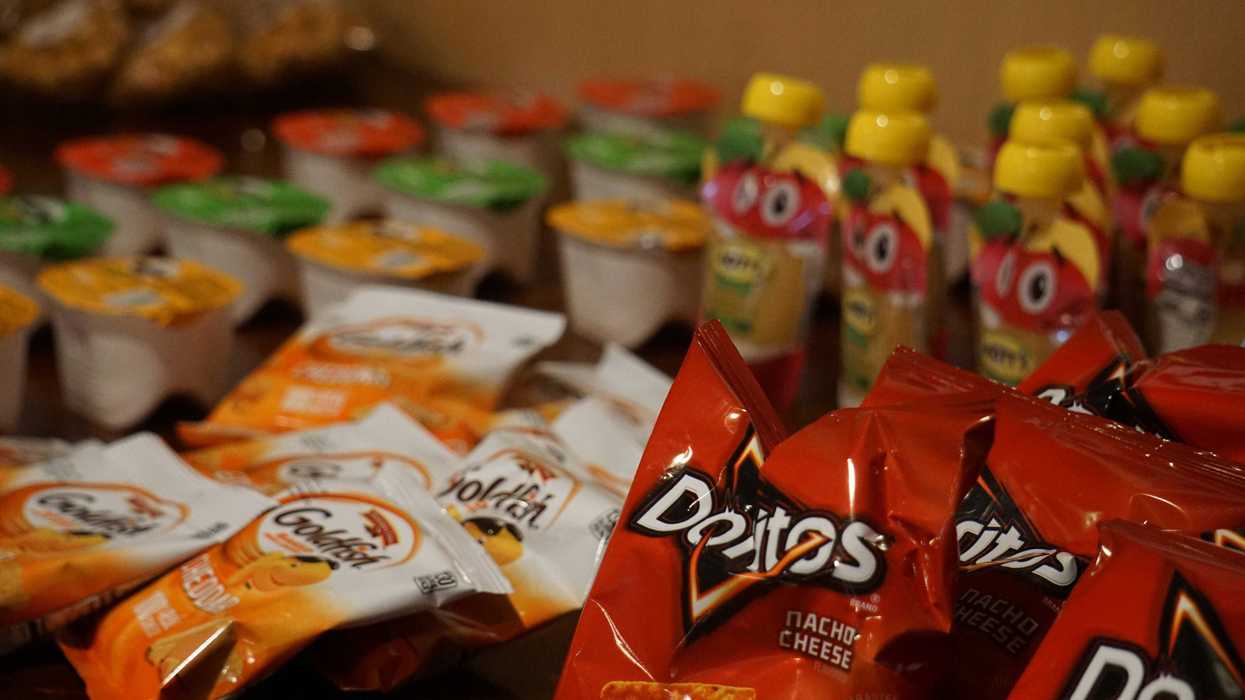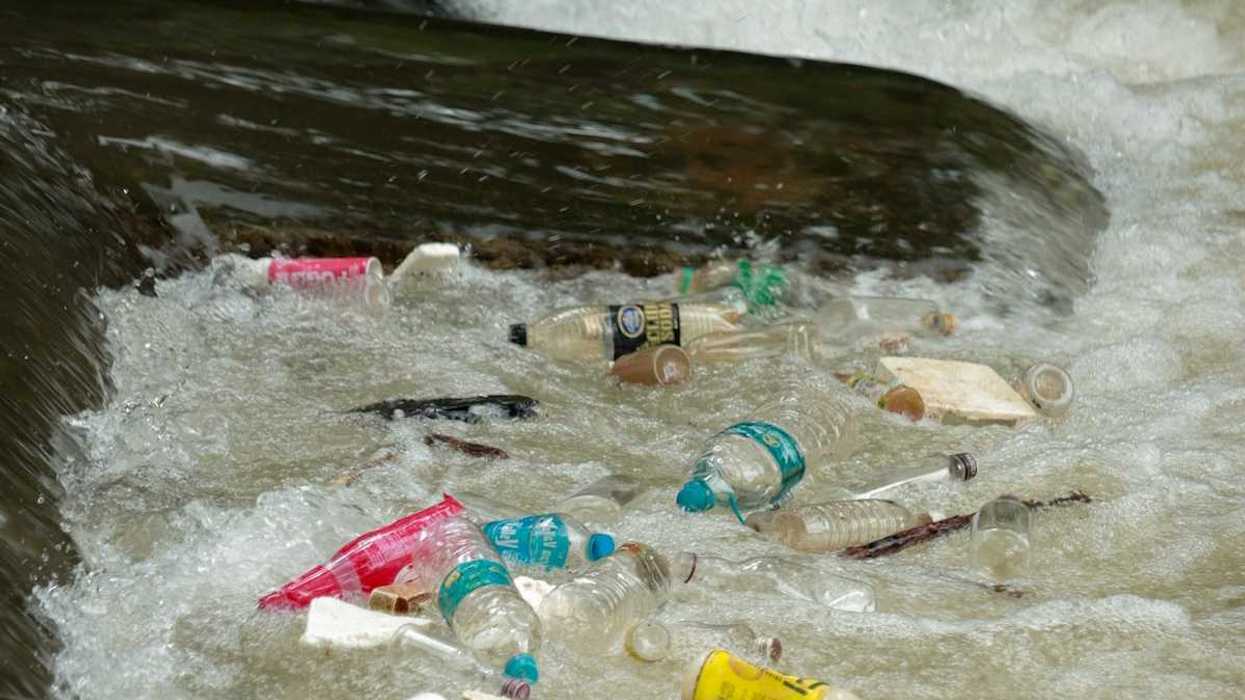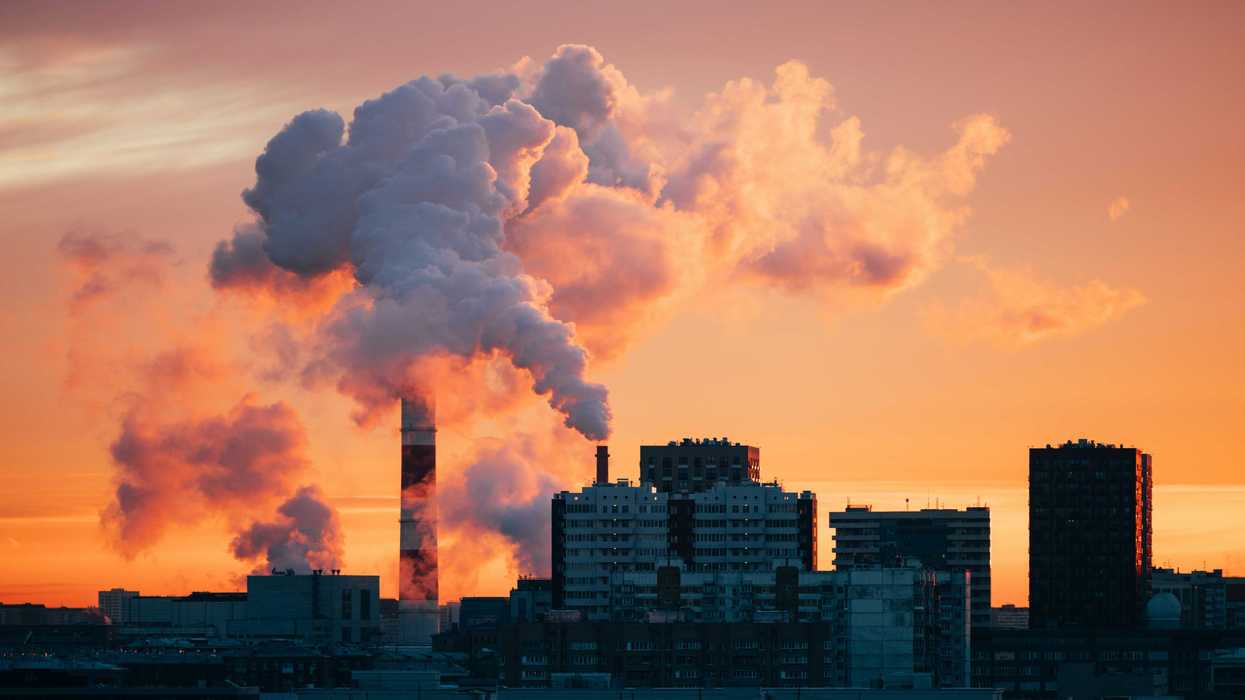A sweeping plan from U.S. Health and Human Services Secretary Robert F. Kennedy Jr. would phase out eight petroleum-based food dyes by 2026, pressuring companies to align with international standards and growing concerns over children's health.
Kim Severson reports for The New York Times.
In short:
- The Department of Health and Human Services will ask food manufacturers to eliminate eight artificial food dyes, commonly found in U.S. cereals and beverages, by the end of 2026.
- Unlike products in Europe and Canada, U.S. foods still widely use synthetic dyes like Red No. 40 and Yellow No. 5, despite growing evidence linking them to behavioral issues in children.
- The U.S. Food and Drug Administration (FDA) supports the voluntary approach and has approved new natural alternatives, while food companies have signaled interest in a unified national standard.
Key quote:
“My feeling is, why gamble with the health of our children?”
— Martin Makary, commissioner of the FDA
Why this matters:
Artificial food dyes are common in everything from cereal to sports drinks, especially those marketed to children. These synthetic chemicals, derived from petroleum, have long been controversial because of health concerns. Research has flagged potential links between certain dyes and hyperactivity in children, as well as carcinogenic effects in animal studies. While big food companies continue to argue that science has not produced definitive evidence of health risks, many health advocates question why Americans are still consuming dyes that companies already replaced with natural alternatives in Europe and Canada. The latest regulatory shift is significant, but recent FDA cuts could hinder implementation and enforcement.
Related:


